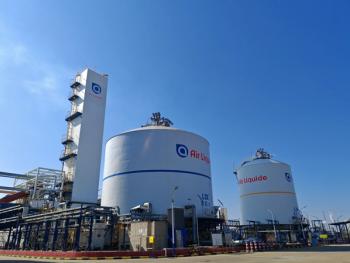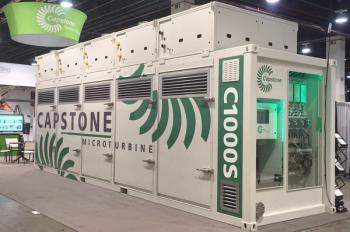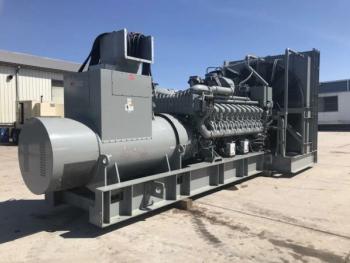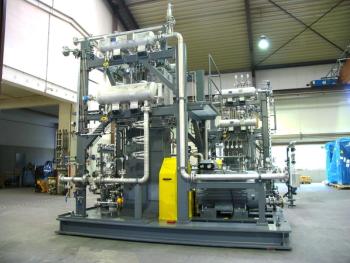
Rolls-Royce, easyJet Test Hydrogen Engine at NASA’s Stennis Space Center
Testing will demonstrate the technology integration required for 100% hydrogen fuel operation on Rolls-Royce’s modified Pearl 15 engine.
Rolls-Royce, in partnership with easyJet, broke ground on an engine test site to conduct outdoor, full-scale gas turbine hydrogen testing. They will develop the site and perform testing at NASA’s Stennis Space Center in Mississippi. This announcement represents the third Rolls-Royce test stand at NASA Stennis, expanding a long-term collaboration that includes joint research on aerospace technologies.
“Rolls-Royce is developing technologies that will be needed to reach net-zero by 2050,” said Deborah Robinson, Director of Test & Experimental Engineering, Rolls-Royce. “We are excited to partner with easyJet and NASA to explore the viability of aviation decarbonization through the introduction of hydrogen as an alternative fuel.”
The testing will demonstrate the technology integration needed for 100% hydrogen fuel operation on a modified Rolls-Royce Pearl 15 aviation engine. Tata Consultancy Services (TCS) will provide engineering expertise for the project. In addition to hydrogen testing, Rolls-Royce will focus on the enhancement of gas turbine engines, integrating sustainable aviation fuels, and increasing electrification.
“We are delighted with the progress of our partnership with Rolls-Royce and the next phase of testing at one of NASA’s facilities,” said David Morgan, Chief Operating Officer, easyJet. “It’s a remarkable feat to—in just a few short years—go from the conceptual design stage to full-engine testing with 100% hydrogen, taking us a step closer to our vision of operating zero-carbon hydrogen-powered aircraft technology in the years to come.”
For hydrogen research, Rolls-Royce receives support from the Aerospace Technology Institute’s HyEST, RACHEL, and LH2GT programs, as well as Germany’s LUFO 6 WOTAN program and the European Union’s Clean Aviation CAVENDISH program.
In 2022, easyJet and Rolls-Royce successfully operated a modern aero engine—the AE2100—on 100% green hydrogen. Last year, Rolls-Royce tested a Pearl engine’s full annular combustor at the German Aerospace Centre in Cologne, Germany. Testing with 100% hydrogen proved the fuel can be combusted at maximum take-off thrust conditions.
Nearly two weeks ago,
TÜV Süd, an international provider of testing, inspection, and certification services, grants an H2-ready certification when components and systems are prepared for future hydrogen usage and capable of conversion.
The company said the first 1 MW hydrogen-ready mtu should be delivered before 2025. The initial installation is scheduled for early 2025 at the Enerport II lighthouse project in Germany’s Duisburg inland port. Two CHP plants will add to the CO2-neutral energy supply in the new container terminal. Prior to delivery, Rolls-Royce is testing the engines at its gas engine plant in Augsburg. Testing of the 12-cylinder mtu Series 4000 L64 gas engine displayed high performance, efficiency, and low-emissions characteristics.
The L64 gas engine achieved a targeted total output of 1 MW and, over the course of development, is expected to reach 1.2 MW. Rolls-Royce established the required infrastructure for hydrogen engine test bench runs in the Augsburg and Friedrichshafen plants.
Newsletter
Power your knowledge with the latest in turbine technology, engineering advances, and energy solutions—subscribe to Turbomachinery International today.





